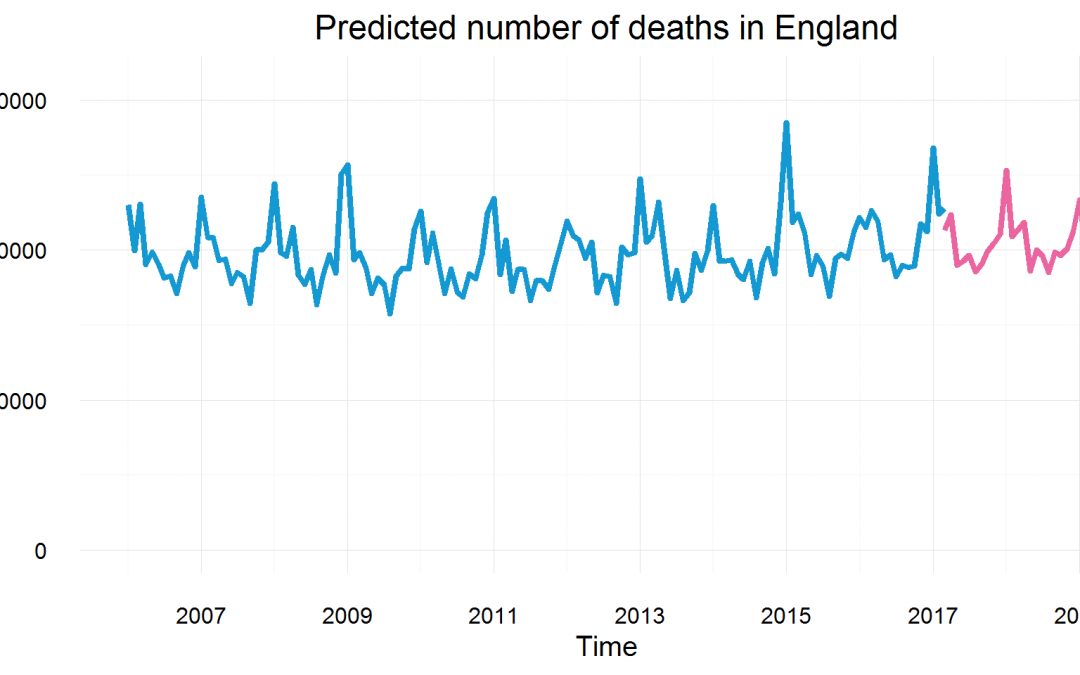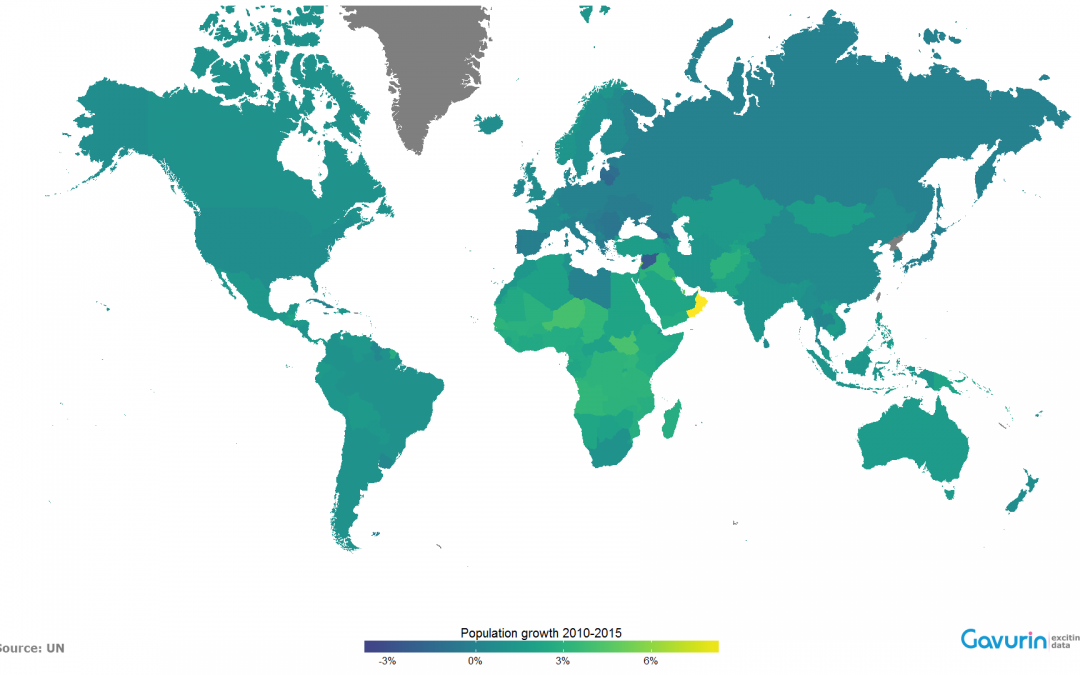
by Rebecca Veitch | Jul 24, 2017 | Blog
As we have just updated our database with the newest dataset on Deaths in England & Wales, I thought it would be useful to produce some graphs to illustrate the death data. The above plot shows the number of deaths occurring every month in England. It can be seen...

by Rebecca Veitch | Jul 11, 2017 | Blog
According to the United Nations, Earth’s population is set to reach 8 billion by 2023 but we have only one planet to share between us. With increasing world population, we face many challenges: food and water shortages, available spaces to live, increased...

by Paul Miller | May 30, 2017 | Blog
In my last post on data & charities, I focused on outcomes data for both internal users and organisational funders or high value givers. In this piece, I’m focusing on internal stuff. I’m focusing on the everyday, what we might call data for...

by Paul Miller | Apr 30, 2017 | Blog, Data Analysis
Good Data is a liberator for charities This is a short series of blogs on the Data Revolution in charities. Sadly, the phrase is close to being a cliche. We base these blogs on three things: First, our experience of working with a small number of charities. Second,...

by Paul Miller | Feb 16, 2016 | Blog
This time last year, I wrote about Slack’s privacy policy. I explained why our company wouldn’t be using Slack for fear that our data and that of our customers would be at risk. Now, we see that Slack is very actively going to be exploiting its...

by Paul Miller | Feb 15, 2016 | Blog
On 3 December 1992, Neil Papworth, an engineer, sent the text “MERRY CHRISTMAS” to colleagues at Vodafone. It was the first SMS. It took another 7 years for text messaging to take off. Perhaps it was badly marketed. I wonder how they described texts....







